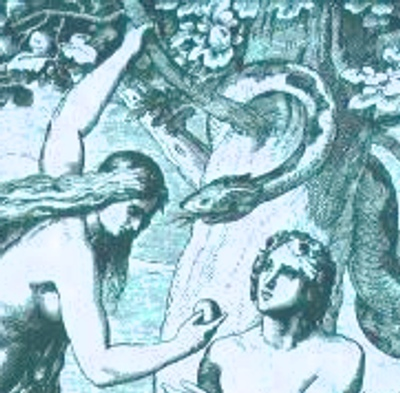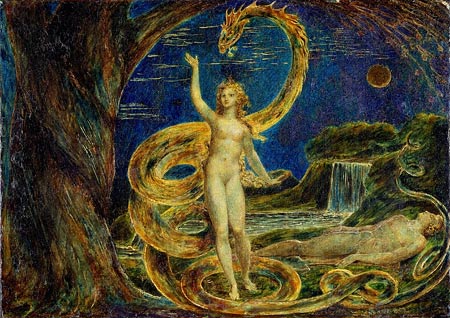The fact is that consciousness is by nature the locus of an illusion. Its nature is such that it registers effects, but it knows nothing about the causes. The order of causes is defined by this: each body in extension, each idea or each mind in thought are constituted by the characteristic relations that subsume the parts of that body, the parts of that idea.


When a body ‘encounters’ another body, or an idea another idea, it happens that the two relations sometimes combine to form a more powerful whole, and sometimes one decomposes the other, destroying the cohesion of its parts.
And this is what is prodigious in the body and the mind alike, these sets of living parts that enter into composition with and decompose one another with complex laws. The order of causes is therefore an order of composition with and decomposition of relations, which infinitely affects all of nature. But as conscious beings, we never apprehend anything but the effects of these compositions and decompositions: we experience joy when a body encounters ours and enters into composition with it, and sadness when, on the contrary, a body or an idea threaten our own coherence. We are in a condition such that we only take in "what happens" to our body, "what happens" to our mind, that is, the effect of a body on our body, the effect of an idea on our idea. But this is only our body in its own relation, and our mind in its own relation, and the other bodies and other minds or ideas in their respective relations, and the rules according to which all these relations compound with and decompose one another; we know nothing of all this in the given order of our knowledge and our consciousness. In short, the conditions under which we know things that are conscious of ourselves condemn us to have only inadequate ideas, ideas that are confused and mutilated, effects separated from their real causes.
Gilles Deleuze. Spinoza. Practical philosophy.
An individual is first of all a singular essence, which is to say, a degree of power.